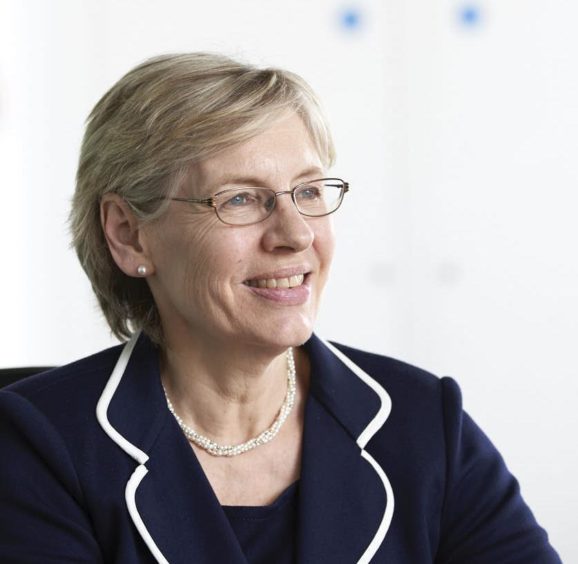
Cultural issues mean energy companies aren’t “getting a return” on policies designed to foster gender diversity in the sector.
Initiatives are not being backed up by an inclusive and supportive ethos, creating barriers for women at middle management level, new research from industry body POWERful Women has found.
Interviews with women in the energy sector have shone a light on obstructive attitudes that are hampering efforts to improve the gender split.
That is despite most companies having inclusionary policies, targets and commitments in place.
Published in partnership with consulting firm Bain & Company, the report is entitled ‘Cultivating Female Talent: what the sector can do to resolve the barriers faced by women in middle management’.
It is based on one-to-one interviews and a comprehensive energy industry survey of more than 4,700 respondents.

Elizabeth Baxter, POWERful Women board member and co-author of the study, said: “We listened to the individual and collective voices of women working in energy middle management today – a group whose experiences have so far had little attention.
“We wanted to understand why women continue to be under-represented in the UK energy industry, including in the pipeline to executive roles.
“The sector faces immense challenges as it transforms and upskills for the energy transition and responds to evolving customer demands.
“It is essential that companies secure and cultivate the best and most diverse talent for success.”
Despite the issues flagged in the report, which was published on Wednesday, there sere some positive takeaways.
The study found that the energy sector excites many as a career choice, particularly the chance to play a part in tackling climate change.
And companies in the industry should be praised for making clear and positive commitments on diversity and inclusion, the body said.
Where they fall short though is on delivery, and the report finds that pledges are “not being cascaded effectively” to all levels within organisations.
While a variety of policies are in place to support people’s careers in energy, data in the study shows that they are not being used by women.
For example, 58% of women surveyed said their company has a formal sponsorship programme, but only 12% were benefiting from it.
Olga Muscat, senior partner at Bain & Co and report co-author, said: “The results of our research have given us some fascinating insights into women’s lived experience in the UK energy workplace.
“On one hand the work highlighted the strong commitment of the Energy Sector to gender diversity, and all the progress already made. On the other hand, it revealed a delivery gap in well intended initiatives being put in place, but not consistently delivering on their promises.”
Several case studies are also featured in the report, as well as quotes from interviews carried out with women in the energy sector.
Some expressed concerns that job flexibility, such as part-time working, could lead to reduced career opportunities.
Women experience assumptions, sometimes “paternalistic” and derived from “benevolent sexism”, about what those working flexibly can and want to do, the report said.
Moreover it was found that a lack of accessible role models is hindering aspirations and confidence in being able to progress – less than half of survey respondents said they had women they could relate to.
A number of recommendations were included within the study, such as encouraging top brass to take “visible ownership” of the middle management gender gap by tailoring solutions to the needs of their organisation.
It also said managers should be equipped with the “skills and courage” to hold necessary conversations, and that businesses should look to gather direct feedback from female employees.
POWERful Women’s outgoing chairwoman, Ruth Cairnie said: “Our research suggests that the UK energy sector is investing in diversity and inclusion initiatives but is not getting the return it should on this investment.
“Female talent is not being sufficiently developed, doesn’t feel valued and in some instances is being lost to rival companies or sectors.
“Our conclusion is that organisations need to work harder at cultivating the talent they already have.
“This can be an important contribution to creating the workforce they need for the energy transition, improving performance and fulfilling all that society requires from them.”
Recommended for you


 © Supplied by Shell
© Supplied by Shell © Courtesy Don't know
© Courtesy Don't know